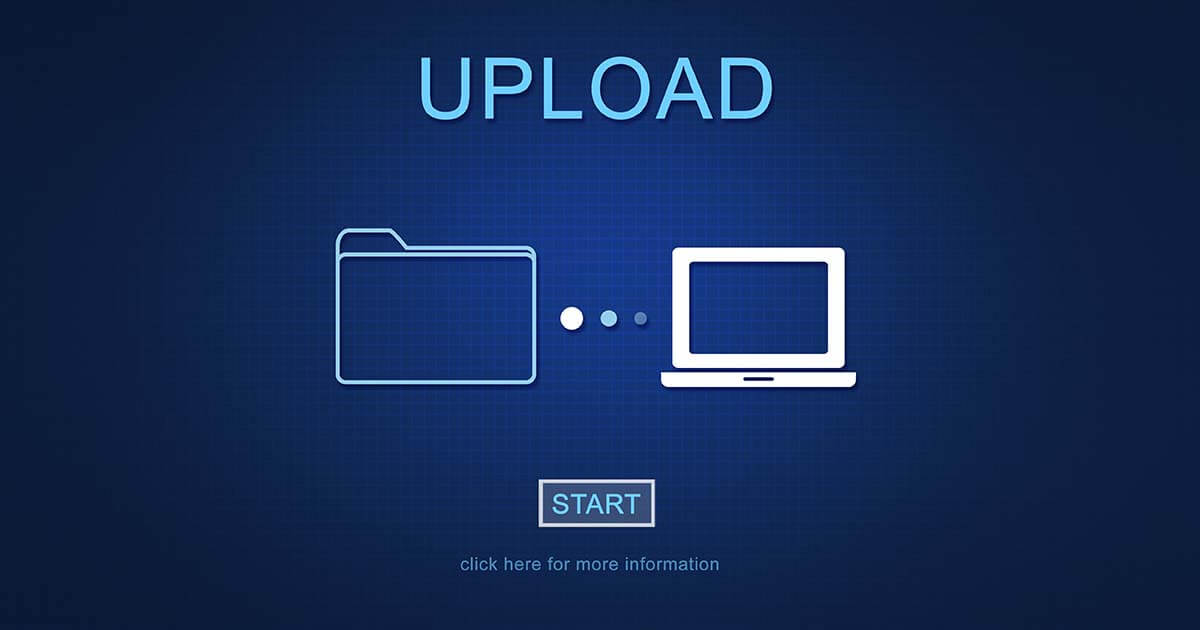The winner of the Ubuntu vs. Debian depends on your own requirements. Debian is the oldest distribution, it is open source and has qualities of stability. The derivative version, Ubuntu, convinces with frequent updates and user-friendliness.
Who to choose between Ubuntu vs. Debian?¶
Linux has long been a serious alternative to Windows and macOS. The different linux operating systems are very diverse, a version exists for practically all requirements. Debian and Ubuntu are among the most popular and well-known Linux distributions. Users considering choosing a Linux distribution often hesitate between these two options. The question then arises: Ubuntu vs. Debian, which solution wins? The answer is not so simple.
Despite their many differences, the two distros are actually very similar. No wonder, because Ubuntu is a derivative of Debian. While Debian has been around since 1993 and is one of the earliest Linux distributions, Ubuntu was only released in 2004. The newer distribution uses some of the architecture and infrastructure of Debian, while following another approach. If you want to choose between Ubuntu vs. Debian, so it makes sense to compare the two solutions.
Ubuntu vs. Debian: what are their differences?¶
We compare the two distributions on several levels so that you can find out which of the two operating systems best suits your expectations. All information was updated in January 2023.
Difference 1: the hardware configuration¶
The Ubuntu vs. Debian starts now. Before you decide on one of the two systems, you should know the hardware requirements. There are already some differences here: the current Debian version is 11.6 “Bullseye”. It requires at least a 1 GHz processor, 1 gigabyte of RAM memory and 10 gigabytes of disk space. In the case of Ubuntu, the only distinction is that there is a server version in addition to the desktop variant. The desktop version of Ubuntu 18.04 requires more capable hardware: 2 gigabytes of RAM, 25 gigabytes of storage capacity and a 2 GHz dual-core processor. The server version of Ubuntu is significantly more reasonable in hardware requirements. It requires 1.2 GHz computer hardware, 256 megabytes of RAM and a storage capacity of 1.5 gigabytes.
Comparing the two operating systems, we notice that Debian’s hardware requirements are significantly lower. There are other derivatives, like Xubuntu, that settle for even less. To conclude this first difference, Debian indeed requires less hardware, but for good reason. The reasons will become clear in the following Ubuntu vs Debian comparison.
Difference 2: installation and configuration¶
The installation and configuration differ markedly from one distribution to another. This is why it is necessary to refer here to your requirements in terms of operating system. If you want easy and user-friendly installation, then Ubuntu is the system of choice. This system is much easier to install and use on a daily basis. While Ubuntu is an operating system intended for novices as well as professionals, Debian appeals only to expert users. Installation and configuration are very complex here.
Difference 3: Software¶
Debian is one of the oldest versions of Linux operating systems, the choice was made to limit the evolution of certain parts of the software. For example, only open source software is installed by default and the system does not support certain software and programs yet used daily by many users. The software offer is certainly very important, but a large number of well-known programs are left out. However, if you’re experienced with operating systems and prefer the idea of open source software, you’ll probably appreciate the freedoms Debian offers. The distro offers plenty of customization possibilities and allows users to fully manipulate the system.
Also in the area of software, Ubuntu relies on user-friendliness. The young challenger is a match for Debian when it comes to program availability. THE commercial providers are also supported, making Ubuntu a very good alternative to many operating systems. Ubuntu is easy to use and has few restrictions. For companies that want to bet entirely on open source, however, this can be a disadvantage, however. Only Debian allows the use of fully open source software.
Difference 4: packages and versions¶
On the topic of packages, the Ubuntu vs. Debian seems to be calming down: both distributions agree and use the package management system dpkg and the Synaptic GUI. In addition, the Debian derivative has its own software library: Ubuntu Software Center. This additional functionality further facilitates the usability of the system. Debian and Ubuntu show here having a different approach.
Ubuntu programs are always up to date. Users can enjoy updated versions, and so more features. Here too, user-friendliness is the main concern. On the other hand, Debian is significantly slower: many packages are old and others are updated. In comparison, there are significantly fewer updates, which can be problematic when using new software. The reason for this approach is stability. With Debian, you can assume that all packages have been tested in depth.
Difference 5: the evolution of the system¶
The two approaches that distinguish Ubuntu and Debian can also be explained by their background. At its inception, Debian was entirely devoted to the original idea of Linux. A committed community made it possible to supervise the project and make it evolve, while keeping the open source approach as the basic element of the project. This has the result of closing itself to innovations in the computer world, which however guarantees maximum security. All the components used are therefore open source and a responsive community is always there to help you. It is these aspects in particular that make Debian a very popular server operating system.
Many Linux users object to Ubuntu’s recommendation. Yes, the operating system is distributed for free and supported by a community, but the official sponsor is the British company Canonical. This company prioritizes user-friendliness to make the system more popular. The extensive software offer and all included updates prove it. Ubuntu is overall more modern and user-friendly, which is why it’s often compared to Microsoft. Most professionals, however, prefer Debian, a more complicated system that can be customized.
Ubuntu vs. Debian: pros and cons of Ubuntu¶
To decide between Ubuntu and Debian, it is worth taking a look at the respective advantages and disadvantages of the distributions. Here you will find an overview:
| Benefits | Disadvantages |
|---|---|
| Usability | High hardware requirements |
| Simple installation and configuration | Controlled by a company |
| Varied software offer | Possible issues after updates |
| Always updated | |
| Modern GUI | |
| High compatibility |
Ubuntu vs. Debian: advantages and disadvantages of Debian¶
We compared the advantages and disadvantages of the Debian operating system. Check out our overview to make your final decision:
| Benefits | Disadvantages |
|---|---|
| Fully open source software | Complicated installation and configuration |
| Excellent stability | No regular updates |
| Many software options | Software becomes obsolete due to lack of updates |
| Responsive and engaged community | Many software options are not supported |
| Lower hardware requirements |
The Ubuntu vs. Debian: Summary¶
Who will win the duel Ubuntu vs. Debian? In other words: which Linux distribution for servers is suitable for which user? We recommend both solutions, both of which enjoy great popularity. However, they are aimed at different target groups. If you are looking for an alternative to Microsoft or macOS and you place a lot of importance on the friendliness et al’actualization versions, Ubuntu is the best choice. Installation, configuration and daily use are very simple and intuitive.
Debian, on the other hand, is a Linux distribution for professionals. Admittedly, the use is always simpler than with Arch Linux for example, but beginners will quickly be overwhelmed by Debian. THE slow updates and the software that is not supported by the system are also daunting for those just starting out. But those who know the subject, appreciate an open source approach and use only a few reliable programs can turn without hesitation to the classic Debian.




